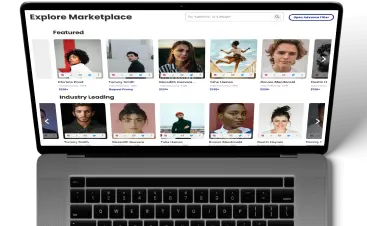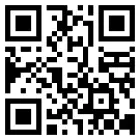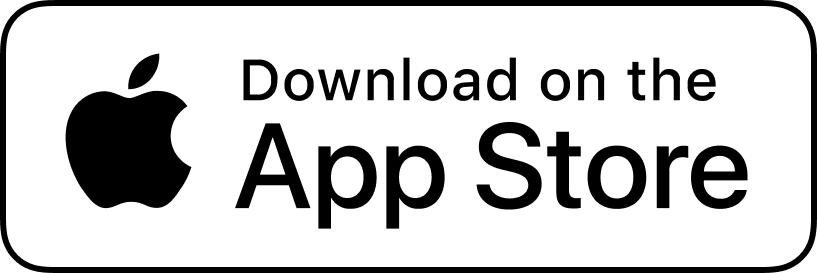What Is The Creator Economy?
It refers to the ecosystem of businesses, platforms, and individuals that enable content creators to monetize their skills, knowledge, and creativity directly. In the creator economy, individuals—often called creators or influencers—leverage digital platforms to produce and distribute content, engage with audiences, and monetize their influence through various revenue streams.
How Does The Creator Economy Help Creators?
The creator economy offers several benefits to creators, including:
- Monetization Opportunities: Creators can earn income directly from their content through various revenue streams such as advertising, sponsorships, subscriptions, memberships, merchandise sales, and digital product sales.
- Control and Autonomy: Creators have greater control over their content, brand, and creative direction. They can choose the topics they want to cover, the platforms they want to use, and the partnerships they want to engage in.
- Audience Engagement: Creators can build and engage with loyal communities of followers who support their work, provide feedback, and contribute to their success.
- Flexible Work Environment: The creator economy allows for flexible work arrangements, enabling creators to work from anywhere and manage their schedules. This flexibility appeals to those seeking work-life balance or pursuing creative passions alongside other commitments.
- Career Opportunities: The creator economy has created new career paths and opportunities for individuals with diverse skills and talents. Creators can turn their hobbies, interests, and expertise into viable careers, regardless of traditional qualifications or backgrounds.
- Creative Expression: The creator economy empowers individuals to express themselves creatively and share their unique perspectives. Creators can explore their passions, experiment with different formats, and connect with like-minded communities.
The creator economy provides creators with the tools, platforms, and opportunities to turn their passion for content creation into sustainable careers, fostering innovation, diversity, and inclusivity in the digital landscape.
Examples of the creator economy include:
- Social Media Platforms: Platforms like YouTube, Instagram, TikTok, and Twitch provide creators with tools to share their content, grow their audience, and monetize through advertising, brand partnerships, and subscriptions.
- Content Monetization Platforms: Platforms such as Patreon, Substack, and OnlyFans allow creators to monetize their content directly through subscriptions, memberships, or pay-per-view models.
- E-commerce and Merchandise: Creators often leverage their influence to sell branded merchandise, products, or digital goods through platforms like Shopify, Etsy, or e-commerce stores.
- Online Courses and Education: Creators can monetize their expertise by offering online courses, webinars, or digital workshops on platforms like Udemy, Teachable, or Skillshare.
- Freelance Services: Many creators offer freelance services such as graphic design, writing, video editing, or consulting based on their skills and expertise.
Overall, the creator economy represents a shift in how individuals can build sustainable careers by directly monetizing their creativity, expertise, and online presence, bypassing traditional gatekeepers and intermediaries.
Check out some other terms you may encounter in the Creator economy here.








